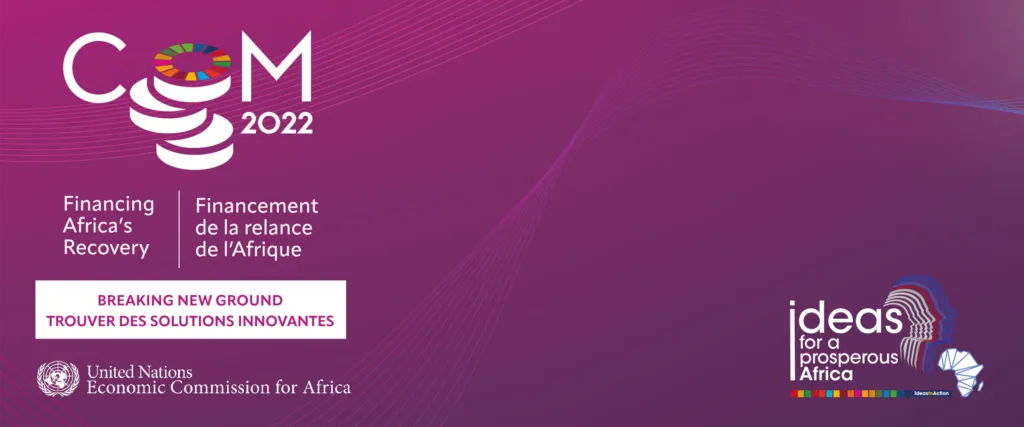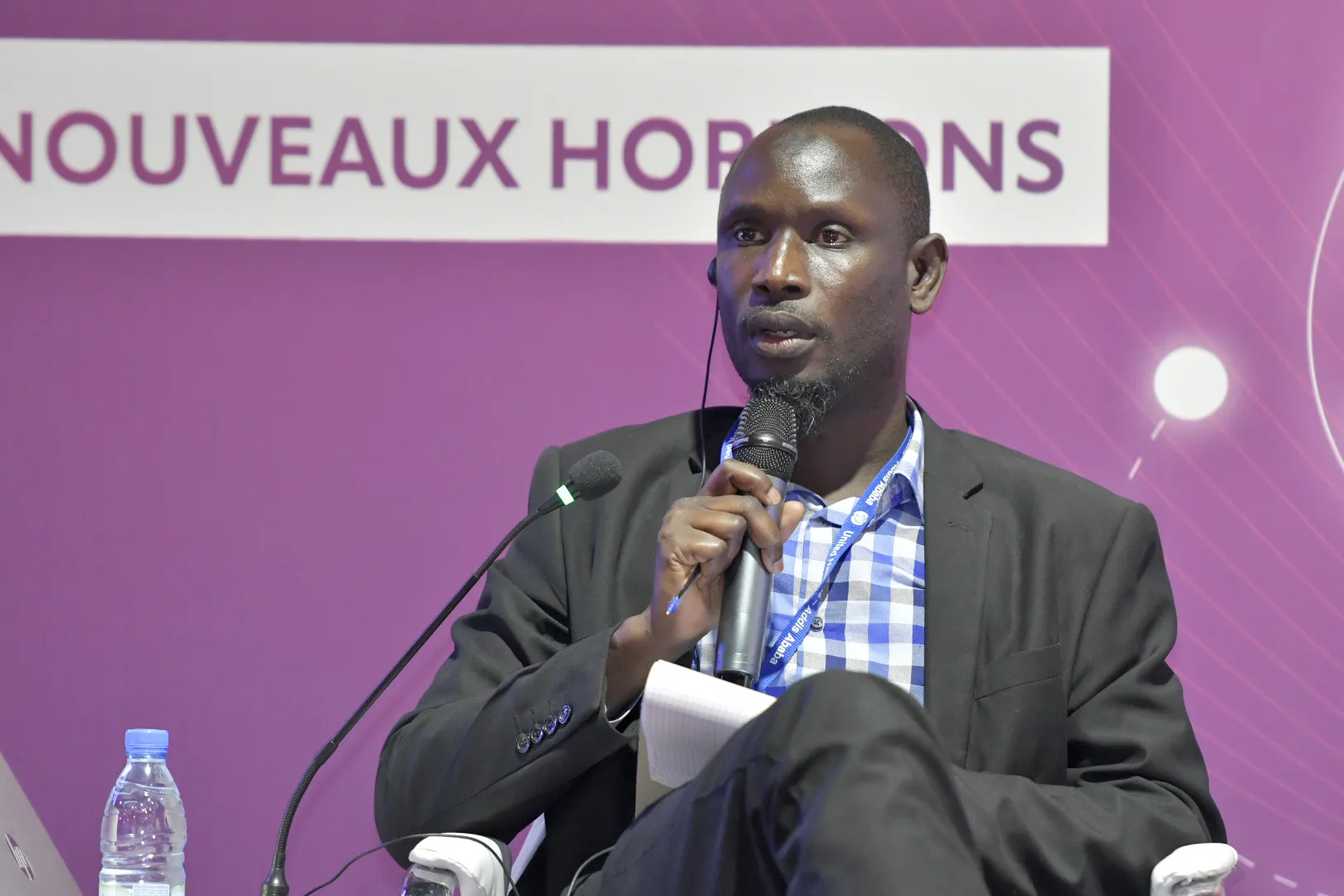UNECA estimates that more than $84bn is lost in illicit financial flows from Africa each year.
“This is more than the annual health financing gap, twice the needs of the education finance gap and it is almost equal to the amount Africa receives in remittances each year,” said Hanan Morsy, Deputy Executive Secretary at UNECA.
She was speaking at the panel Illicit Financial Flows in Africa: Regional Efforts to track, recover and return assets.
However, efforts to curb the illicit practice continue to yield muted results, underscoring the need for a collaborative and comprehensive approach.
Corporations and government officials, both local and international, are the main channels for the leakages that result in a significant portion of Africa’s wealth being smuggled out of Africa each year which makes it especially hard to crack down on illegal practices.
Rebeca Grynspan, Secretary General of the UN Conference on Trade and Development (UNCTAD), said that Africa needs to improve its data collection and monitoring systems to crack down on financial flows.
“We need data to shed light on the activities, sectors and channels that are most prone to illicit financial flows,” she said.
A representative of Senegal’s director of budget and financial reforms said that the West African country has made important strides to counter illicit financial flows in recent years.
In 2012, Senegal’s President Macky Sall created a national oversight office to strengthen governance, security and the rule of law.
A national office of illegal wealth was created in 2021 to “find a solution to illicit financial flows and improve its system of recovery in Senegal”.
Bolaji Owasanoye, Chairperson of the Independent Corrupt Practices Commission in Nigeria, reminded the audience that it is a global problem but unfortunately there is not a “global framework, inclusive enough and broad enough to address the issue seriously”.
He named murky corporate entities such as shell companies as being common ways in which individuals can remain anonymous while transferring millions of dollars to offshore havens.
But the lack of political will by African leaders to investigate complicated corporate structures is a key barrier in securing the upper hand in the fight against illicit financial flows.
Gillian Dell, Head of Conventions Unit at Transparency International, said that members, owners and shareholders in companies found to be involved should be made public.
She added that the government will only start taking illicit financial flows seriously in Africa if civil society and the media
put pressure on the public
sector to act.

Want to continue reading? Subscribe today.
You've read all your free articles for this month! Subscribe now to enjoy full access to our content.
Digital Monthly
£8.00 / month
Receive full unlimited access to our articles, opinions, podcasts and more.
Digital Yearly
£70.00 / year
Our best value offer - save £26 and gain access to all of our digital content for an entire year!
 Sign in with Google
Sign in with Google 



